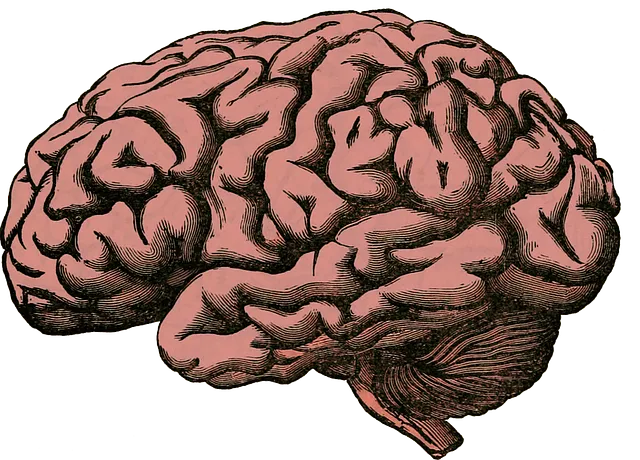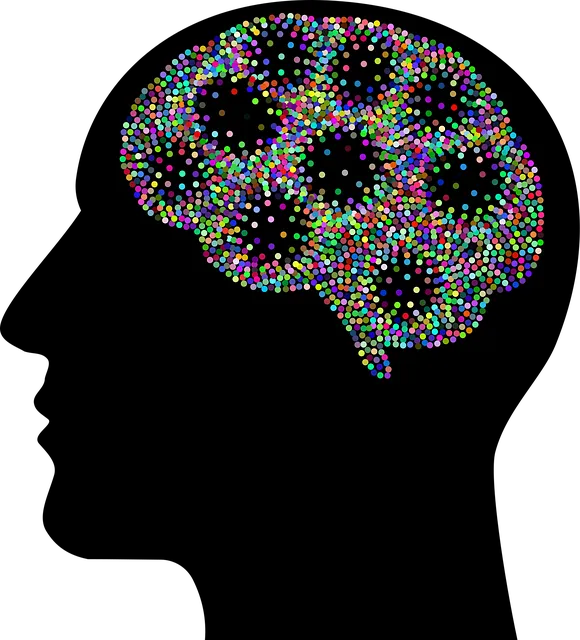Cultural competency in healthcare is key to equitable mental health services, with organizations like Kaiser Permanente leading the way. Kaiser offers comprehensive inpatient mental health services addressing diverse needs, from anxiety to trauma. Their training programs emphasize immersive experiences, interactive workshops, and ongoing support networks to challenge stereotypes and promote patient-centered care. By integrating cultural perspectives into risk management, they enhance patient outcomes and build stronger communities, setting a "Golden Standard" for mental health education.
Cultural competency is an essential aspect of modern healthcare, ensuring providers deliver quality care that respects diverse patient backgrounds. This article explores this critical topic, focusing on how healthcare organizations like Kaiser can enhance cultural competency through comprehensive training programs. We delve into the specific needs of inpatient mental health services at Kaiser, setting a standard for best practices that could become a model for other institutions. Understanding and implementing these strategies are key to providing inclusive, effective care.
- Understanding Cultural Competency in Healthcare
- Kaiser's Inpatient Mental Health Services
- Golden Standard: Best Practices for Training
Understanding Cultural Competency in Healthcare

Cultural competency in healthcare refers to the ability of providers to understand, appreciate, and respect diverse cultural backgrounds, beliefs, and practices among patients. It involves recognizing that cultural factors can significantly influence an individual’s health, perception of illness, and response to treatment. In a country as diverse as the United States, where one out of every five residents identifies as a racial or ethnic minority, this competency is not just desirable but essential for delivering effective and equitable care.
When it comes to mental health services, organizations like Kaiser Permanente highlight cultural competency as a cornerstone of their inpatient programs. By integrating emotional well-being promotion techniques that respect various cultural traditions, they aim to improve patient outcomes, including mood management. Moreover, training in risk assessment for mental health professionals is crucial to ensure they can accurately identify and address cultural factors that may contribute to or complicate mental health issues, such as trauma or stigmatization related to specific ethnic or religious beliefs.
Kaiser's Inpatient Mental Health Services

Kaiser has made significant strides in addressing mental health concerns through its comprehensive Inpatient Mental Health Services. These services cater to a wide range of needs, from anxiety relief and positive thinking sessions to intensive trauma support services. Patients at Kaiser benefit from specialized care that is tailored to their unique circumstances, ensuring they receive the highest level of treatment available.
The inpatient program offers a safe and supportive environment where individuals can focus on their mental well-being without external distractions. Trained professionals employ evidence-based practices and innovative therapeutic approaches to help patients manage symptoms, develop coping strategies, and work towards long-term recovery. By integrating these advanced services into its healthcare framework, Kaiser demonstrates its commitment to fostering mental health awareness and accessibility within the community.
Golden Standard: Best Practices for Training

The “Golden Standard” for healthcare provider cultural competency training should encompass best practices that foster genuine understanding and empathy. This involves immersive experiences, interactive workshops, and ongoing support networks. Training programs should delve into diverse cultural perspectives, challenging stereotypes and biases, and promoting patient-centered care. Kaiser’s approach to inpatient mental health services, for instance, highlights these principles by integrating cultural competency into their Risk Management Planning for Mental Health Professionals.
Effective training goes beyond mere knowledge transfer; it requires a well-designed curriculum that focuses on Mental Wellness and incorporates role-playing scenarios, case studies, and community partnerships. Mental Health Education Programs Design should be tailored to address specific cultural contexts and mental health challenges prevalent in the communities served. By adhering to these standards, healthcare organizations can ensure their providers are equipped to deliver equitable care, enhancing patient outcomes and fostering stronger, more resilient communities.
Healthcare provider cultural competency training, such as the golden standard best practices outlined above, is essential in today’s diverse healthcare landscape. Understanding cultural competency, like that seen in Kaiser’s inpatient mental health services, enables professionals to deliver more effective and empathetic care. By adopting these proven training methods, healthcare organizations can ensure they provide culturally sensitive services, fostering better patient outcomes and stronger communities.






